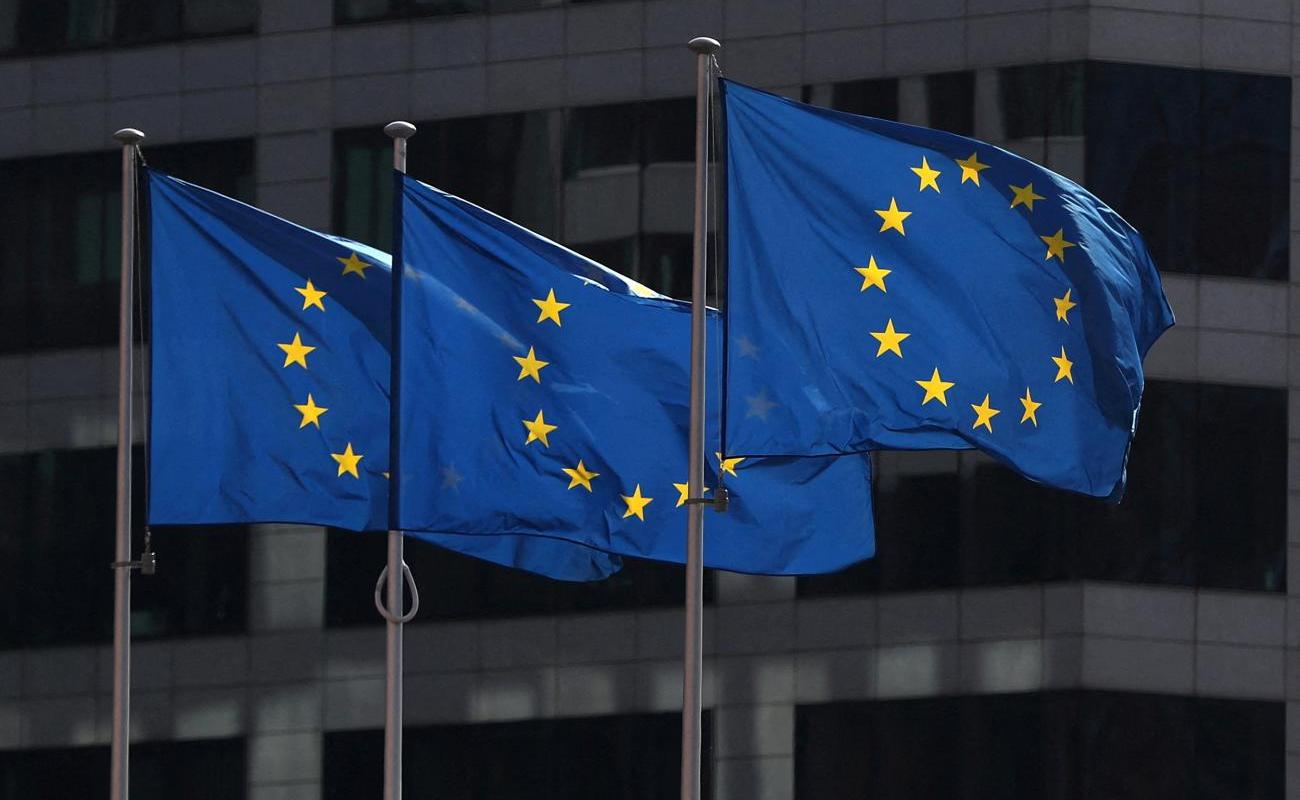New EU strategy for secure, prosperous and resilient Black Sea region

Today the EU is putting forward a new strategy for a stable and secure Black Sea region. This Strategy aims to boost connections and growth, by linking Europe with the South Caucasus, Central Asia, and beyond. Amidst Russia's war of aggression against Ukraine, the strategy will also reinforce the EU's geopolitical role as a reliable actor in the Black Sea region.
The EU will forge closer cooperation with Ukraine, the Republic of Moldova, Georgia, Türkiye, Armenia and Azerbaijan and take forward regional cooperation on connectivity. A number of these countries have chosen to pursue the path towards EU accession or closer alignment with the EU. Today's strategy seeks to bring tangible benefits to Black Sea partners and the EU by investing in and deepening key mutually beneficial partnerships.
Three pillars for future EU-Black Sea cooperation
Future cooperation with the Black Sea region is structured under three pillars:
Enhancing security, stability, and resilience;
Fostering sustainable growth and prosperity;
Promoting environmental protection, climate change resilience and preparedness, and civil protection.
Together with its partners in the region, the EU will implement three flagship initiatives under each of these pillars to unlock the region's potential for growth, while also addressing the immediate challenges of conflict and security:
The Black Sea Maritime Security, and the establishment of a Black Sea Maritime Security Hub, will strengthen maritime safety and security, protect critical maritime infrastructure and the marine environment. It will also strengthen regional cooperation on demining and address risks to the environment and maritime safety.
A dedicated Connectivity Agenda – aligned with the extended Trans-European Networks – will develop transport, energy and digital networks to leverage the potential of the Black Sea region as a vital corridor linking Europe with Central Asia through the South Caucasus, boosting economic growth and competitiveness.
Preparedness of coastal communities and blue economy sectors will be reinforced to enable Black Sea countries to tackle war-related environmental damage, respond to climate-change related risks and seize opportunities for sustainable growth.
The strategy will bring all relevant EU instruments and policies together, mobilising investments in line with the Global Gateway Strategy and in a Team Europe spirit – that is, the EU institutions in cooperation with the Member States, as well as the European financial institutions. By addressing regional challenges, the EU aims to promote long-term security, shared prosperity, and resilience in the Black Sea region.
President Ursula von der Leyen stated: “An active role of the European Union is crucial in advancing security and peace in the Black Sea region especially with Russia's war of aggression against Ukraine. We will closely work with our neighbours to foster security and stability in the region. Together we can build a stronger and more prosperous future for all.”
A forward-looking policy framework
Building on its unique position as a bridge between Europe, the Southern Caucasus, Central Asia and Eastern Mediterranean, the Black Sea can serve as a cornerstone of stability, sustainable development, and connectivity through partnerships of shared interest.
The EU strategic approach seeks to unlock the region's potential based on peace efforts and respect of the international order, in respect of the rule of law and international law. Support to Ukraine's overall resilience and security and its reconstruction, when conditions allow, are at the heart of this policy.
Today's proposal will drive sustainable development and enhance economic prosperity with transport, energy, digital and trade corridors connecting the Black Sea Region to the Baltic, the Mediterranean, through the South Caucasus, the Caspian Sea and towards Central Asia.
In addition, given the Black Sea region is particularly vulnerable to natural and human-made disasters, climate change and environmental degradation, today's strategy foresees reinforcing preparedness and climate adaptation – critical for the integrity of natural ecosystems, as well as for people's wellbeing.
The EU will furthermore guide interested partners toward EU integration by strengthening the rule of law, accelerating reforms, aligning with the EU's Common Foreign and Security Policy, and gradually integrating them into the EU Single Market.
Ultimately, the new strategic approach is rooted in people's aspirations to live in a secure, safe, and more prosperous environment. The EU will implement the new strategic approach to the Black Sea in synergy with the enlargement process and the Eastern Partnership policy, which provides a well-established framework for cooperation.
